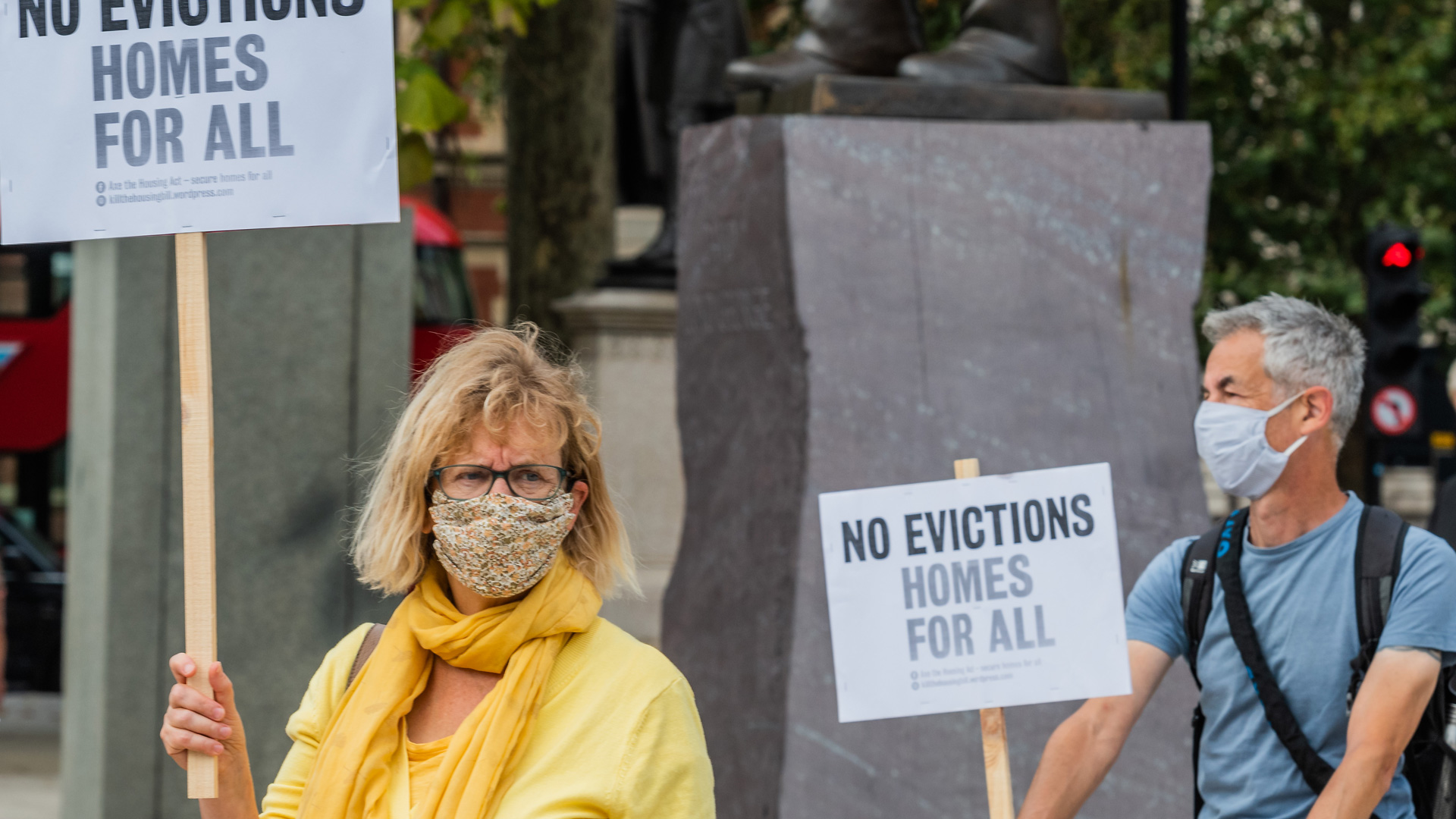The coming weeks could bring a “tsunami” of evictions, heading towards a summer spike in homelessness. This is the warning from housing and debt charities, as arrears mount for the hundreds of thousands of tenants struggling to pay their rent as a consequence of Covid.
While many of those with mortgages took advantage of payment holidays offered by banks during the pandemic, only a tiny fraction of renters – three per cent – successfully negotiated a reduction on their rent after Covid struck, research by the Resolution Foundation from earlier this year revealed.
Nearly half a million private renters, a number that has doubled since the start of the pandemic, have fallen behind on their rent, according to debt charity StepChange. They add that a third of private sector tenants having seen their income fall. The charity has also seen a spike in enquiries for money help from people who have never been in problem debt before. Meanwhile there are still millions of workers on furlough.
If you have lost income it is almost impossible to get a new tenancy. Resuming evictions will put these people at risk of homelessnessDan Wilson Craw, Generation Rent
<span class="s1">Dan Wilson Craw, Generation Rent</span>
Nevertheless, at the time of going to press, the government confirmed that its temporary ban on bailiff-led evictions is being lifted in England from this week. “The last lifeline” for many renters, who have been among the groups worst hit by the pandemic, says Peter Tutton, head of policy at StepChange.
Campaign group Generation Rent is calling on Chancellor Rishi Sunak to support households who cannot afford to pay their rent, following the impact of the pandemic.
“By loosening restrictions on evictions without dealing with all this debt, the government is tearing up its pledge that people who lost income in the pandemic would not lose their home,” says Dan Wilson Craw, deputy director of Generation Rent. He points out that the courts have been processing evictions since September, which means that thousands of tenants, many of whom have lost businesses or work as a direct result of Covid-19, could become homeless by mid-June.









